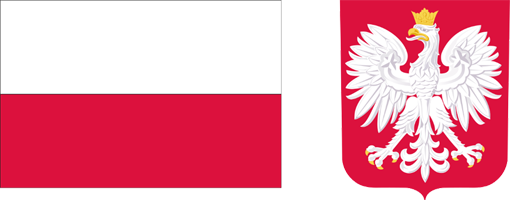Current issue
Archive
About the Journal
Aims and Scope
Editorial Board/Editorial Team
List of reviewers
Publishing process
Publishing Ethics and Malpractice Statement
Personal data protection (GDPR)
Creative Commons License
CrossRef Member / Similarity Check
For Authors
Call for papers
Guidelines for authors
Submitting a manuscript through the editorial system – step by step
For Reviewers
Peer review process
Guidelines for reviewers
Submitting a review – step by step
Contact
RESEARCH PAPER
DIRECT AND INDIRECT CONSEQUENCES OF THE WAR IN UKRAINE FOR POLISH TRADE IN AGRI-FOOD PRODUCTS
1
Institute of Agricultural and Food Economics National Research Institute
2
Institute of Central Europe
Submission date: 2023-05-04
Final review date: 2023-06-16
Acceptance date: 2023-08-09
Publication date: 2023-09-27
Zagadnienia Ekonomiki Rolnej / Problems of Agricultural Economics 2023;376(3):66-90
KEYWORDS
JEL CLASSIFICATION CODES
F13
F14
F15
TOPICS
ABSTRACT
The ongoing war in Ukraine is associated with a number of negative and long-term macroeconomic
consequences for Poland and other countries both in the area of trade and maintaining supply chains,
as well as the security of energy supplies. Many entities in the agri-food sector are affected by this
impact. The aim of the article is to assess the effects of the war in Ukraine on Polish agri-food trade.
The paper presents the production and trade potential of Ukraine, defines trends in Polish agri-food
trade with Ukraine after February 24, 2022, and identifies the main effects for Polish agri-food trade
resulting from the ongoing armed conflict in Ukraine. Several research methods were used in the article,
ranging from a literature review and document analysis, through a statistical and descriptive method
of production and trade data analysis, to competitiveness indices: the index of comparative advantages
(RCA) and trade coverage ratio (TC). The research shows that in 2022 Polish imports of agri-food products
from Ukraine increased almost three times in terms of value, as compared to 2021, reaching EUR
2.8 billion, which increased the competitive pressure on the internal market. It has also been proven that
only part of agri-food products imported from Ukraine is subject to mutual Polish-Ukrainian competition
on the EU market. This applies to products such as wheat, poultry meat, birds’ eggs, frozen fruit, but
also highly processed food products, including confectionery and pastry. Further development of trade
in agri-food products with Ukraine will be determined primarily by the situation at the front, the supply
of goods for export, the possibility of exporting Ukrainian goods through the Black Sea ports, and
the permeability of land solidarity routes. Data shows that in 2022 the yields of cereals, legumes, and
oilseeds in Ukraine decreased by 34%, which should also translate into decreased exports.
Share
RELATED ARTICLE
We process personal data collected when visiting the website. The function of obtaining information about users and their behavior is carried out by voluntarily entered information in forms and saving cookies in end devices. Data, including cookies, are used to provide services, improve the user experience and to analyze the traffic in accordance with the Privacy policy. Data are also collected and processed by Google Analytics tool (more).
You can change cookies settings in your browser. Restricted use of cookies in the browser configuration may affect some functionalities of the website.
You can change cookies settings in your browser. Restricted use of cookies in the browser configuration may affect some functionalities of the website.




